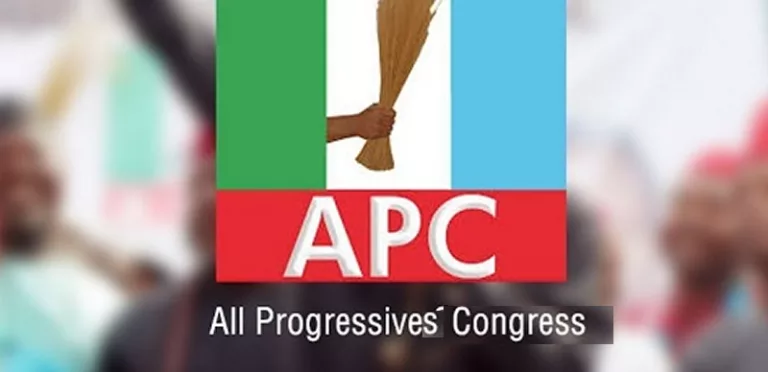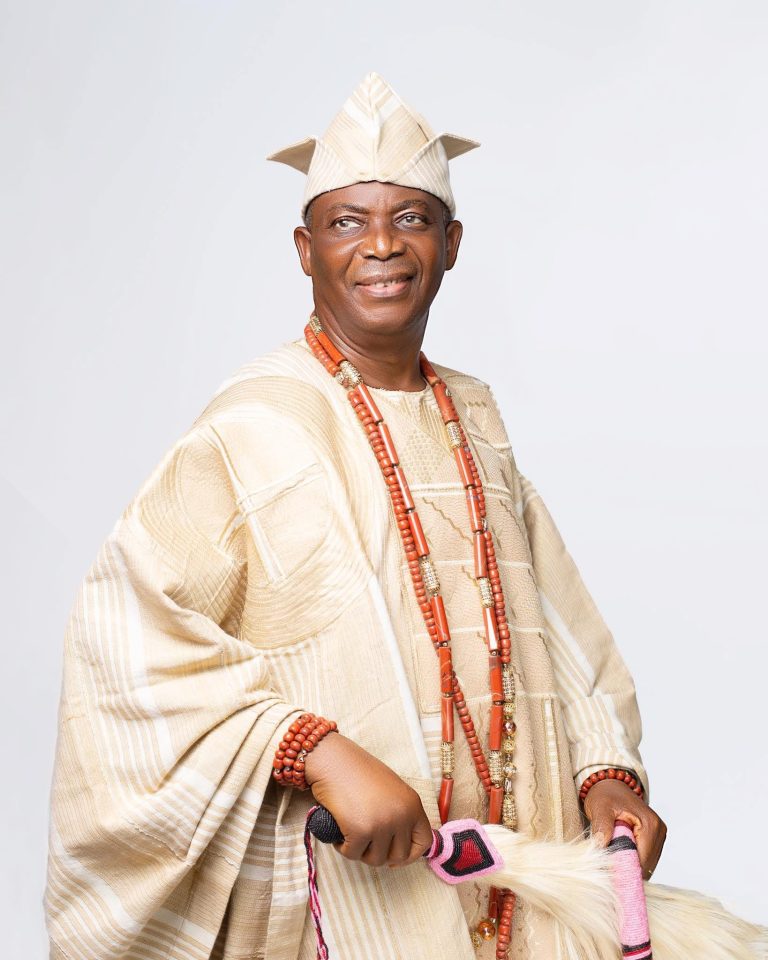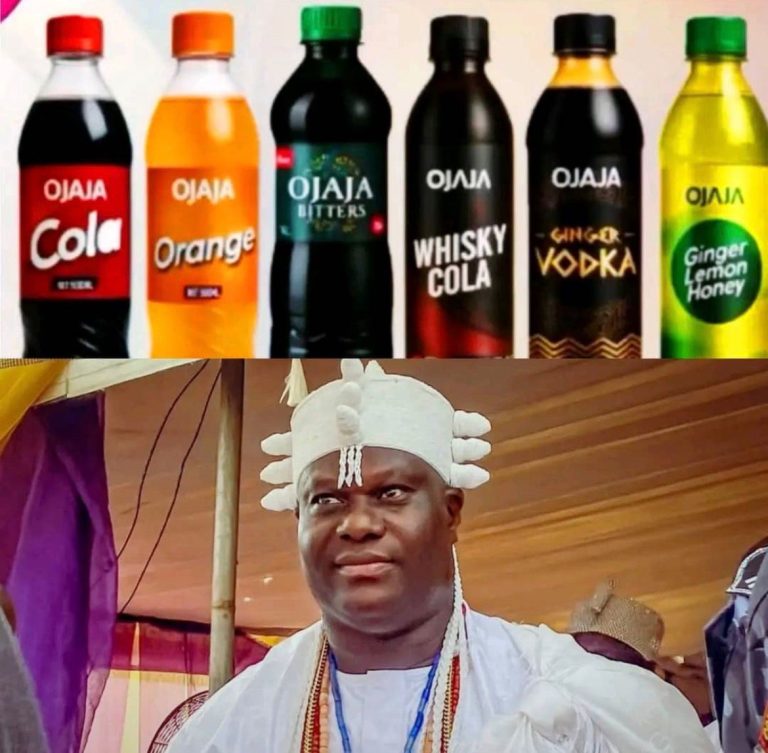
Some of the decisions he is likely to take include the implementation of the Stephen Oronsaye panel’s report on the reform of the civil service and the removal of the controversial fuel subsidy, which has become a drain on resources, job cuts, introduction of higher taxes, privatisation of public corporations and the sale of some government assets.
Tinubu had been impressing on his loyalists the need to take certain decisions that might be considered unpleasant in the short run, but pay off for the nation later.
Before the February 25, 2023 presidential election, Tinubu, who was then the candidate of the ruling All Progressives Congress, had vowed to remove the fuel subsidy if was elected as it had constituted a huge drain on the government’s revenue.
A highly placed source told one of our correspondents on Saturday that the incoming President would merge some ministries and agencies of the Federal Government as recommended by the Oronsaye panel and would take tough decisions on other issues going by meetings that had been held by Tinubu and his core loyalists.
It was gathered that Tinubu had been meeting with some of his trusted aides on steps to reposition the country and that one of them was to take a critical look at the Oronsaye report.
The source said, “The report has been gathering dust at the office of the Secretary to the Government of the Federation. Nothing has been done to it.
“Even President Muhammadu Buhari, who promised to cut the cost of governance, couldn’t do anything about it.
But the incoming government is likely to take a critical look at the report. You know he (Tinubu) is an accountant and he knows how to manage resources, increase revenue, and so forth.
“His meetings with trusted allies and those who are familiar with the economy will bring out the best for the country.
He is not a novice in managing people and resources.
“So, I can conveniently tell you that some ministries are going to be merged. Nigeria should expect tough but meaningful decisions from the President-elect.”




